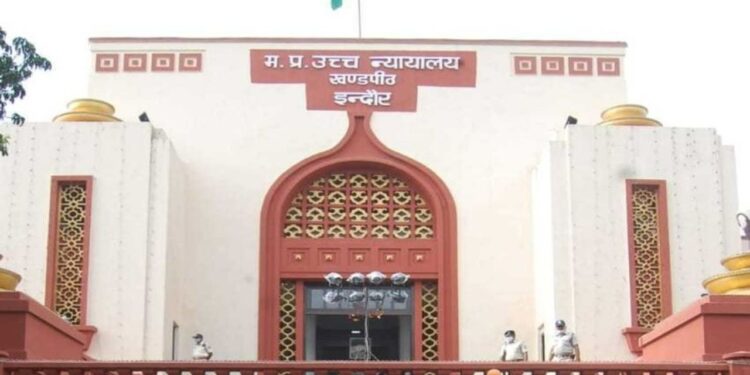Madhya Pradesh High Court Overrules Mandsaur Municipal Council’s Denial of Slaughterhouse Permit
The Madhya Pradesh High Court has strongly criticized the Mandsaur Municipal Council for refusing to grant permission for a slaughterhouse, citing the city’s religious significance. The Court ruled that the city’s religious status cannot be used as a reason to block the establishment of a slaughterhouse.
Justice Pranay Verma noted that while the state had issued a notification in 2011 designating a 100-meter radius of Mandsaur as a sacred area, this did not imply that slaughterhouses could not be set up in other parts of the city. The Court pointed out that the city’s entire area could not be considered sacred based solely on this notification.
“The reason given by the municipal authority—that Mandsaur is a religious city and thus, no slaughterhouse can be established—was entirely unacceptable,” the Court stated. The Bench clarified that the legal provisions governing the issue were specific and could not be overridden by religious considerations.
The case was brought before the Court by Sabir Hussain, who sought a NOC to set up a slaughterhouse and meat trade in certain areas of the city. He argued that only the 100-meter radius was designated as sacred and that the slaughterhouse could be located outside this area.
In its defense, the Municipal Council argued that the State government was still finalizing locations for slaughterhouses and that granting Hussain’s request could hurt religious sentiments. The police also echoed these concerns, emphasizing the potential impact on public feelings.
However, the Court rejected these claims, highlighting that identifying suitable land for slaughterhouses was already underway. It pointed out that the authorities could not now avoid their legal obligation to establish a slaughterhouse in the city.
The Court ordered the Municipal Council to issue the NOC, provided that the petitioner complies with all environmental and health regulations, including obtaining clearances under the Water (Prevention and Control of Pollution) Act, 1974, and the Air (Prevention and Control of Pollution) Act, 1981. The Court further clarified that animal slaughter would only be allowed after receiving the necessary environmental consent.
Advocate Makbool Ahmad Mansoori represented the petitioner, while Senior Advocate Veer Kumar Jain and Advocate Vaishali Jain appeared for the Municipal Council.

















